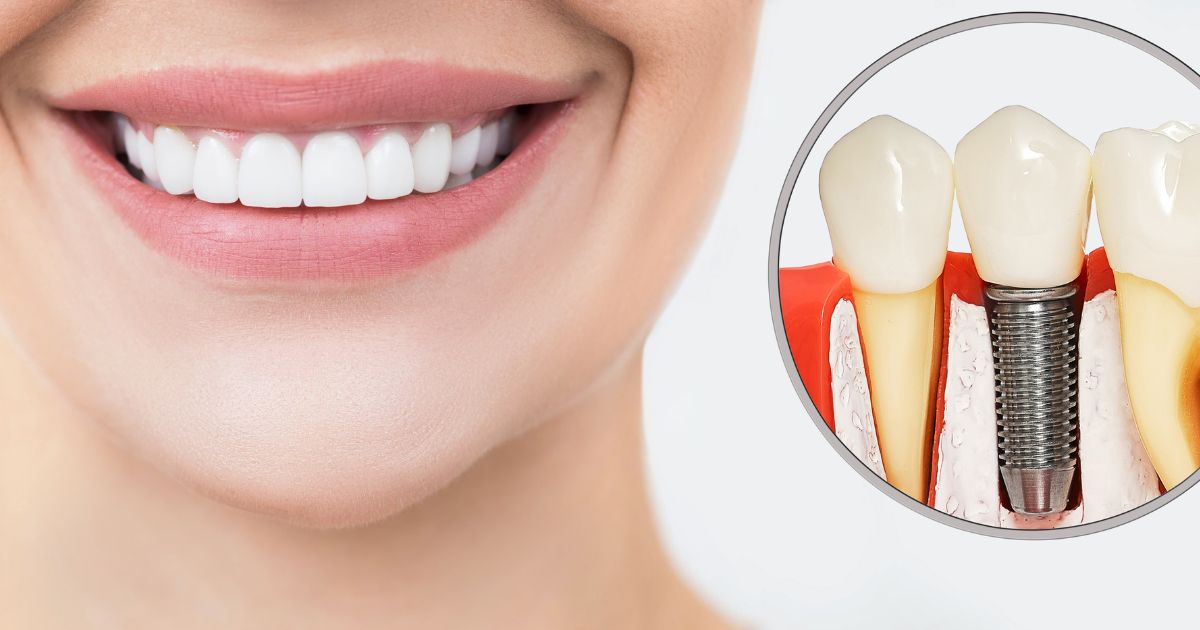Dental implants may be an option if you have missing or damaged teeth. Implants are tooth roots usually made of titanium that provide a strong foundation for replacement teeth. While many factors affect the success rate of dental implants, it is generally between 85 and 95 percent, depending on the patient’s age.
Dental implants can replace one or more missing teeth, support a bridge, or replace all the teeth if needed. Unlike dentures, the new teeth are fixed into the mouth and do not require removal.
What Are Some of the Factors That Affect the Success Rate of Dental Implants?
One of the most important factors in the success of dental implants is the quality of bone. Your doctor will measure your bone density to determine if you are a good candidate for dental implants. Denser and harder bone has a higher success rate because the implant must bond with the bone.
The location of the implant also helps determine the success rate. More bone is in the front of the mouth, so frontal implants bond more easily. Front teeth also experience less stress than back teeth, which do all the work of chewing and breaking down food. Implants in the front part of the mouth have a higher success rate than those placed in the back of the mouth.
Age plays a big role in the success rate of dental implants because having healthy gums and bones free of disease is important. Generally speaking, patients under 40 have a success rate of 95 percent. For patients over 40, the success rate drops to 85 percent, but again, any healthy patient with strong bones and healthy gums is a good candidate for successful implants.
Smoking can affect the outcome of dental implant surgery because smoking restricts the flow of blood. Dental implants in smokers have a lower success rate than in non-smoking patients.
What Care Is Required for Dental Implants?
Good oral health is required for the success and longevity of dental implants, but no special care is needed other than what you would for natural teeth. A standard regimen of brushing, flossing, rinsing with an antibacterial mouthwash, and regular dental check-ups is all needed for dental implants.
Patients who have a habit of grinding their teeth or clenching their jaw while sleeping should be fitted with a protective night guard to keep excessive force from damaging dental implants.
Our South Jersey Oral Surgeons at Lanzi Burke Oral & Maxillofacial Surgeons Perform All Types of Dental Implant Surgery
At Lanzi Burke Oral & Maxillofacial Surgeons, we have decades of combined experience performing all types of dental implant surgery. Call 856-582-4222 or contact us online to schedule a consultation with one of our South Jersey oral surgeons. With locations in Washington Township, Haddonfield, and Woolwich Township, New Jersey, we treat patients throughout South Jersey.


